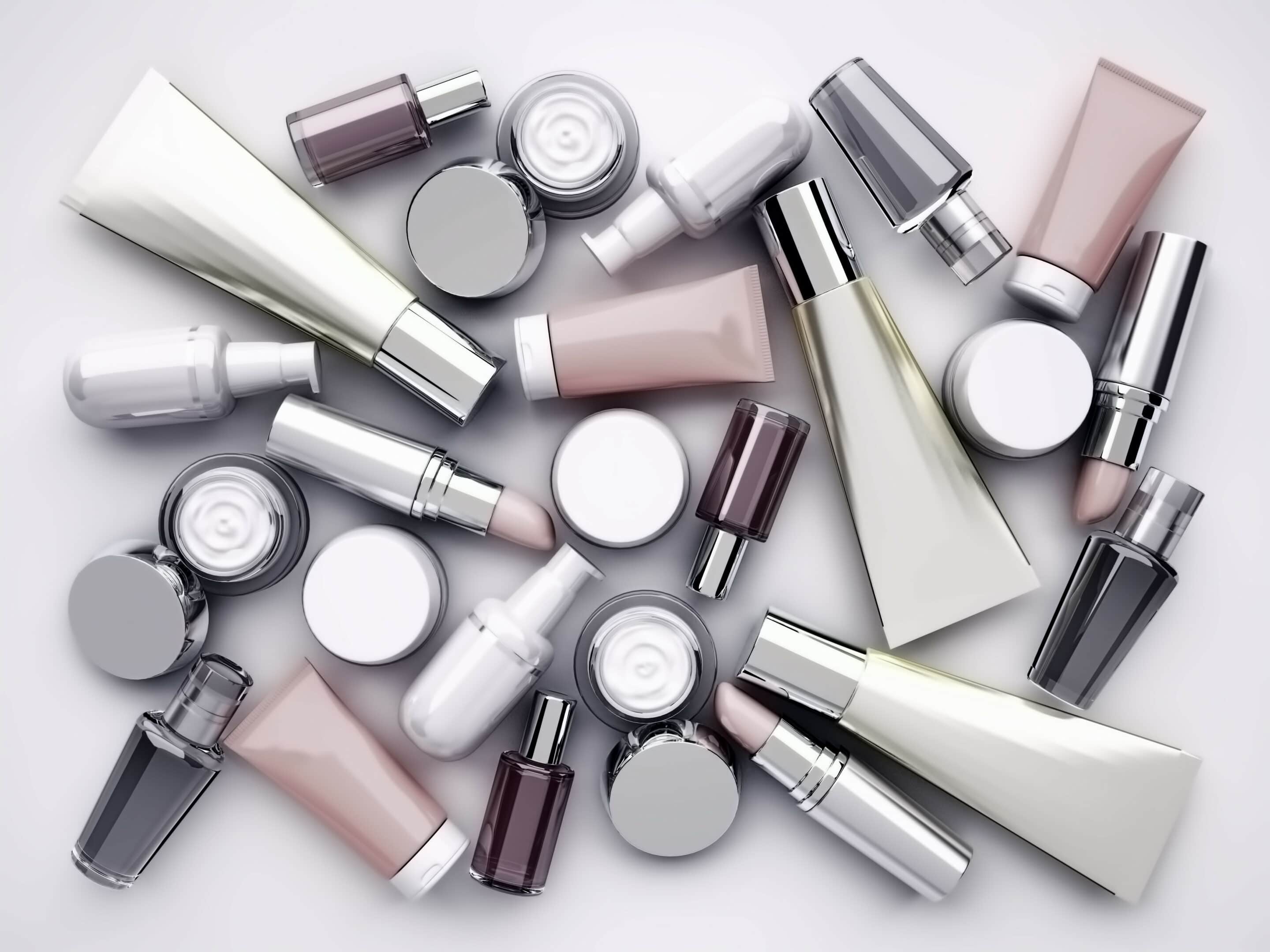Worldwide, Celiac disease is one of the most common genetic disorders and affects around 1% of the population. In the United States, that’s about 20 million people. Avoiding gluten makes sense for these individuals. It also makes sense for those with an allergy to wheat or that simply feel unwell when consuming gluten. One the other hand, there is no compelling evidence that a gluten-free diet will improve health or prevent disease if you do not have one of these disorders.
As more awareness surfaces around this condition, there has been an increase in curiosity about topical products. Should they be gluten free? I get many questions about this from clients and always want to give good advise.
We’ve all heard the term, but what exactly is gluten?
Gluten is a general name for the proteins found in wheat (wheatberries, durum, emmer, semolina, spelt, farina, farro, graham, KAMUT® khorasan wheat and einkorn), rye, barley and triticale – a cross between wheat and rye. Gluten helps foods maintain their shape, acting as a glue that holds food together. Gluten can also be found in foods that you might not expect.
In addition, gluten can be connected to certain skin conditions such as eczema, psoriasis, acne, keratosis pilaris, alopecia areata and more. Avoiding gluten does not guarantee improvement. Thankfully, more doctors are beginning to support research into the skin-gut connection. Dermatitis Herpetiformis, however, is one condition that will greatly improve by avoiding gluten in your diet.
So, should your topical products be gluten free? Not necessarily…I would even say no.
Like many things, gluten free has become an in vogue buzzword that companies see as an opportunity to make money. The official stance from the Mayo Clinic and other medical organizations is that gluten can only be absorbed through the intestinal tract, not the skin. This indicates that gluten free beauty products are not a necessity.
Skin conditions such as those mentioned above, are only affected by oral ingestion, not topical application.
Purchasing beauty products that are gluten free is purely a personal decision! However, if you suffer from full blown Celiacs disease, lipsticks and hand lotions should be gluten free. These can be easily ingested by mistake. It is also a good idea to make sure that you wash your hands thoroughly after your beauty routine to avoid any unintentional ingestion. If you experience a reaction on your skin, first consider there to be a legitimate allergy to an ingredient. You can be allergic to any ingredient in a product without a connection to Celiac disease or a gluten intolerance.
If you are a consumer that prefers gluten free topical products, avoid the following ingredients in your formulations:
Sodium lauroyl oat amino acids (oats)
Hordeum vulgar (barley)
Avena sativa oat kernel extract (oatmeal)
Triticum vulgar (wheat)
Vitamin E can also come into question if it is derived from wheat germ. Typically, the processing method eliminates all proteins and starches, but you may need to contact the manufacturer if there is unclarity.
More questions? Contact me at sabrina@sabrinabrowandskin.com

